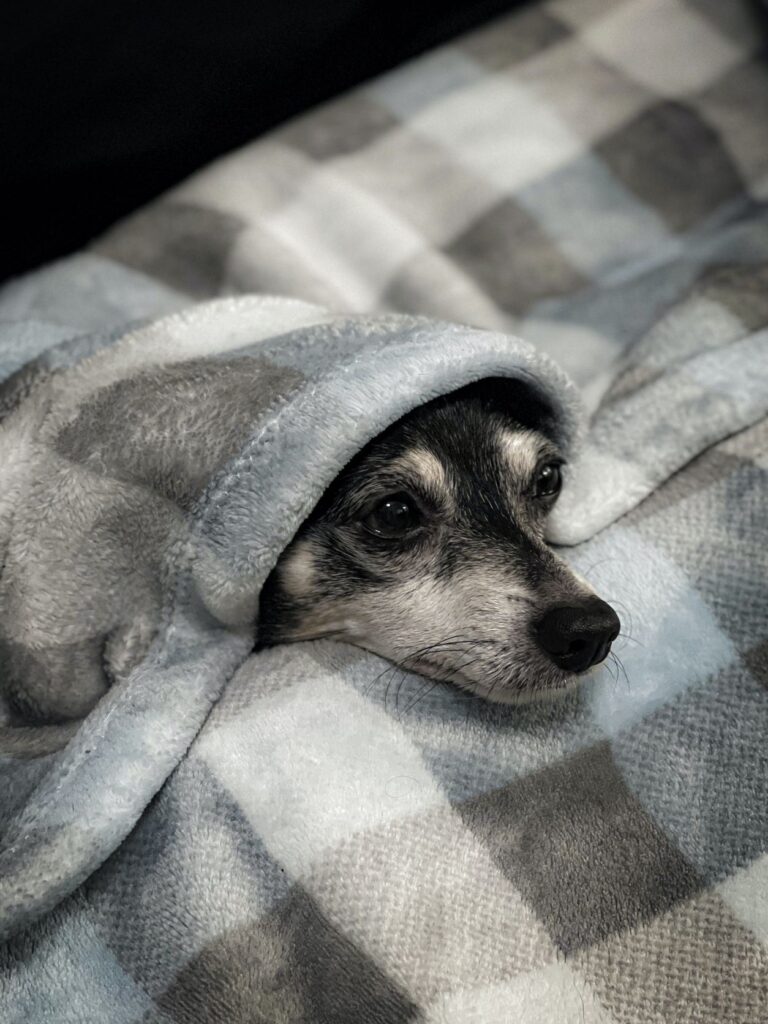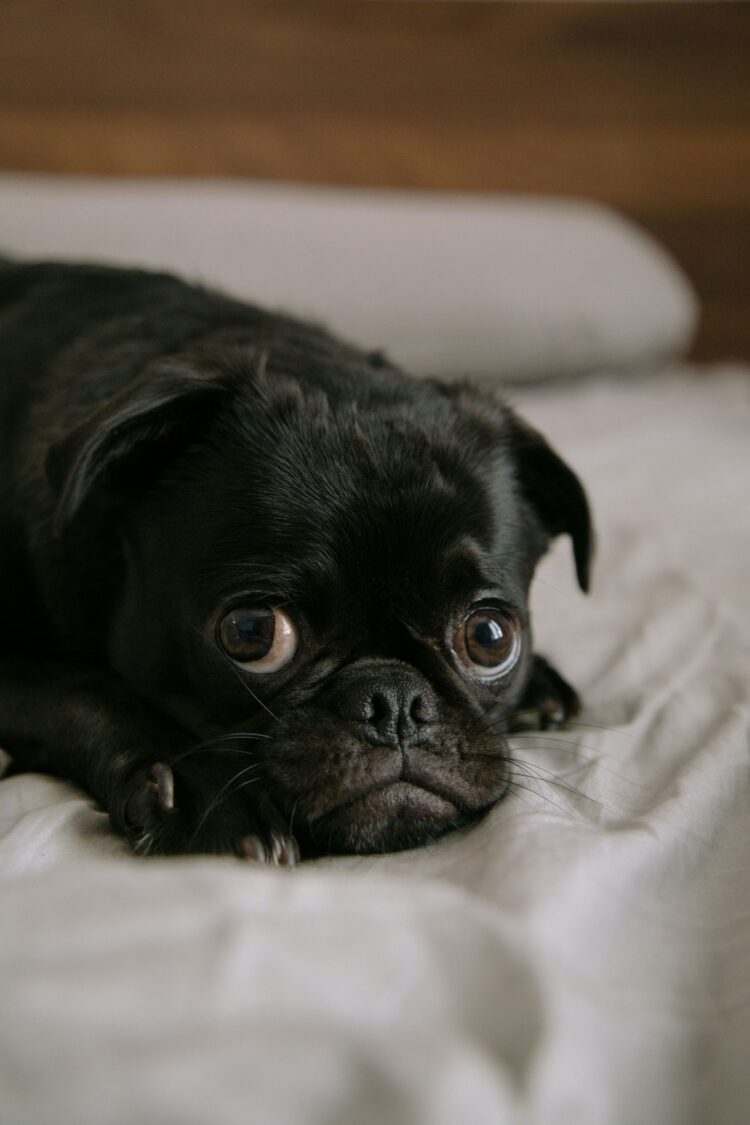As their hearing is much more sensitive than ours, most pets are scared by sudden, loud noises and flashes of light so Halloween can be a very distressing time
A frightened or upset pet is a nightmare for any animal lover and unfortunately, at this time of year, many of us spend a lot of time protecting our furry friends from a cacophony of terror outside.
Up to 80% of pet owners report that their pet is afraid of fireworks. And while most pets display mild symptoms of fear or anxiety initially, if improperly managed, they tend to get worse.
Some of these animals may suffer from noise phobias – their reaction to certain noises are sudden, extreme and excessive. This can be very upsetting for pets, as well as their owners, and can result in harm to the pet – for example, dogs may panic and run blindly. Halloween is a common time of year for pets to go missing or to be injured on the roads.
Some signs of anxiety to look out for in pets:
Dogs – Shivering or shaking, destructive behaviour – eg. chewing/scratching, soiling the house, panting excessively, licking lips, pacing, attempting to run away
Cats – Cowering or hiding, house soiling, refusing to eat, attempting to run away
Keep them busy
Veterinary Ireland says it’s important that someone remains with your pet when fireworks may be heard, and especially on the night of Halloween. Provide a den or a hiding place and make your pet a comfortable bed here, with old sweatshirts and other clothing to give them a sense of your reassuring presence. A crate with some blankets over it is ideal for a dog. A cat may prefer to hide in a high up location such as the top of a wardrobe.
Keep your pet inside with the doors and windows closed and your favourite radio station switched on in the room. Provide an extra litter tray for cats and make sure to exercise your dog early in the day and give them something to do in the evening (such as chewing a frozen food-stuffed dog toy).

Check their ID
Ensure that all pets are wearing identification tags and have microchip identification. In the event that your pet runs away from the sound of fireworks, the chances of being reunited significantly increase with identification.
Don’t treat them differently
Don’t react to fearful behaviour such as panting, shaking or whining. If owners give such animals extra attention in an attempt to “comfort” them, the pet may perceive this as a reward for displaying this type of behaviour and it can make matters worse over time.
Do not punish your pet for anxious behaviour such as scratching at doors or house soiling. This can also tend to exacerbate anxiety and make matters worse.
There are plug in diffusers, sprays and collars containing pheromones, as well as other products available from your vet, all of which can help to relieve anxiety in pets. In severe cases visit your vet who may be able to prescribe medication to help in the short term.
Trick or treat etiquette
Do not share any of your Halloween sweets or treats with your pet – chocolate can actually be dangerous for pets, especially dogs, and can make them sick and/or choke.
Pet costumes – not all pets like or appreciate dressing up, so ensure that your pet is happy with whatever costume you might wish to dress it up in. Also ensure that the costume is made for your pet and is for the right size and species, or it might be painful and restrictive to wear.








